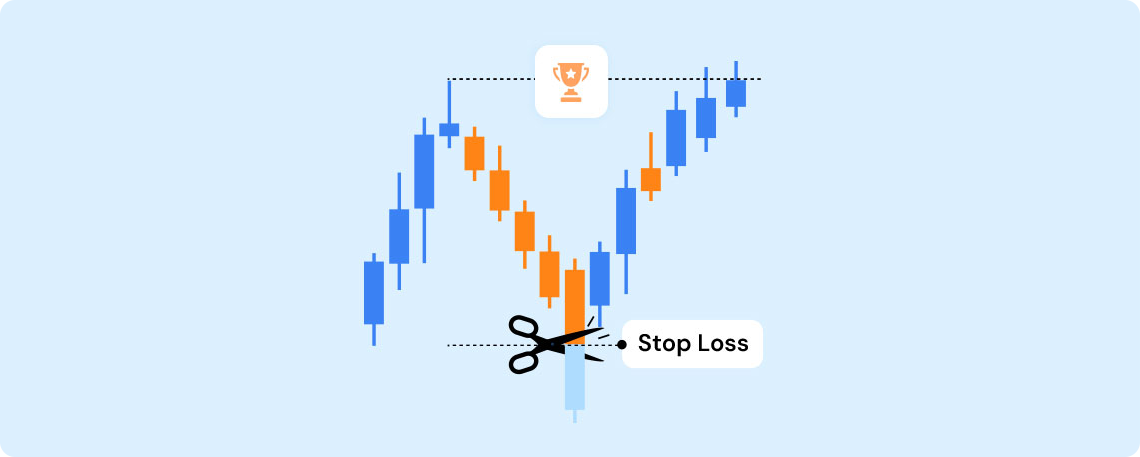The Investor’s Guide to Portfolio Management Services (PMS)
August 18, 2025
|
The Investor’s Guide to Portfolio Management Services (PMS)
August 18, 2025
|What is PMS?
Portfolio Management Services (PMS) is a specialized investment solution where a SEBI-registered portfolio manager invests your funds in a carefully researched portfolio of stocks or other securities. Unlike mutual funds, PMS investments are held in your own name, giving you full ownership and complete transparency of all holdings. Your portfolio is actively managed, meaning the fund manager has the flexibility to add, trim, or exit positions based on market opportunities and risk assessments. The key advantage is that you gain the expertise of a professional fund manager and research team dedicated to building and managing your portfolio with discipline.
Who Should Consider PMS?
PMS is designed for serious investors who have a substantial investible surplus — SEBI mandates a minimum investment of ₹50 lakh. It is best suited for those who want their money professionally managed but do not have the time or resources to track markets on a daily basis. PMS also appeals to investors who take a long-term approach to wealth creation and value complete transparency in their investments. Since holdings are in your name, you can monitor your portfolio and receive regular performance updates.
Why Choose PMS Over Managing Investments Yourself?
Many self-managed portfolios suffer from emotional decision-making — buying in moments of excitement and selling in panic. This behavior often results in buying high and selling low. Stock selection without deep research can lead to owning poor-quality businesses that fail to deliver over time. Without a defined process, portfolios can become a random collection of stocks. Moreover, tracking markets, sectors, and companies requires significant time and expertise, which many investors cannot consistently dedicate. PMS solves these problems by bringing in experienced fund managers backed by research teams who make decisions within a disciplined investment framework. They apply strict risk controls to avoid overexposure, ensure diversification, and provide regular reports so you can stay informed without getting caught up in daily market noise.
Types of PMS
There are two primary types of PMS. In a Discretionary PMS, the fund manager makes all buy and sell decisions on your behalf, in line with your agreed investment mandate. This is the most common choice, as it allows the manager to act swiftly without needing prior approval for every move. In a Non-Discretionary PMS, the fund manager suggests investment ideas, but you make the final decision before any transaction is executed. This option is preferred by investors who want professional guidance but still wish to retain control over each decision.
Investment Philosophy That Works for PMS Investors
The most successful PMS managers share common principles. They focus on owning high-quality businesses with strong financial health, capable leadership, competitive advantages, and scalable business models. Their investment decisions are driven by a clear process, combining quantitative factors like earnings growth and price performance with qualitative factors like management quality and industry trends. Risk is actively managed by diversifying across sectors and limiting exposure to any single stock or theme.
How to Choose the Right PMS
Selecting the right PMS starts with understanding its investment philosophy. You should know whether the PMS focuses on growth, value, momentum, or a blended approach, and ensure it aligns with your comfort level. Review performance across different market cycles rather than focusing only on recent returns — consistency matters more than one-off strong years. Examine the fee structure carefully, as PMS can charge a flat percentage of assets under management, a performance-linked fee, or a combination of both. Transparency in performance reporting is essential, so assess the quality of their reports and updates. Finally, evaluate the fund manager’s experience, track record, and credibility before committing your capital.
Can PMS Be Exited Before the Tenure?
Yes, PMS investments can generally be liquidated before the agreed tenure. However, many PMS providers levy exit charges if you withdraw within a certain period, often the first one to two years. The details of these charges and the exit process will be clearly stated in your PMS agreement. Before exiting early, you should also consider any tax implications that may arise from selling investments.
Key Takeaways for PMS Investors
PMS works best as a long-term commitment — ideally, you should give it three to five years for the strategy to fully play out. Focus on the process and philosophy of the PMS rather than reacting to short-term market movements. Choose a PMS whose style matches your own investment temperament and objectives, whether that is aggressive growth or conservative capital preservation. Review your portfolio periodically, but avoid making changes based on daily or weekly market volatility. In essence, PMS is about combining your capital with professional expertise, a disciplined process, and the patience to let your investments grow over time.









